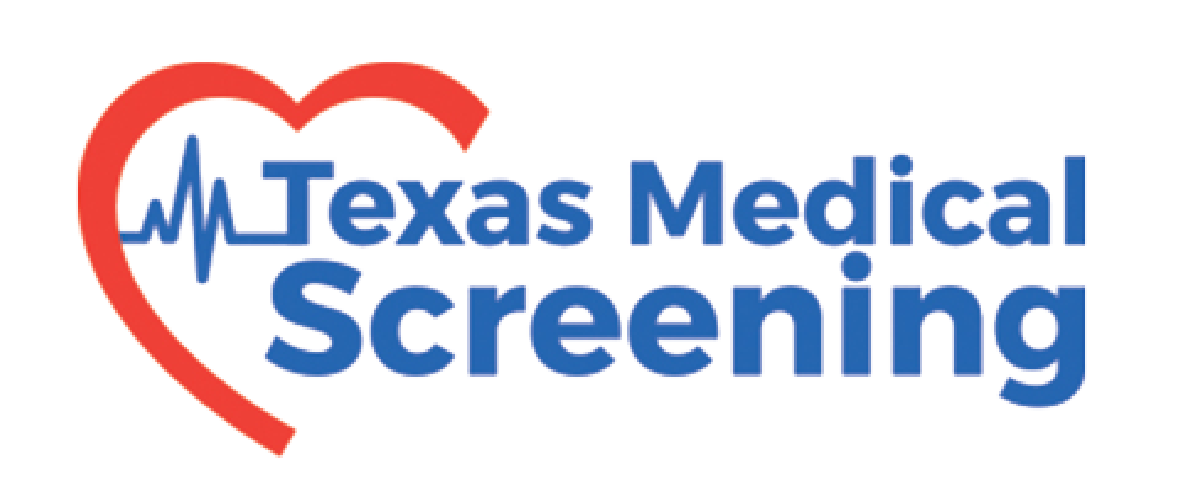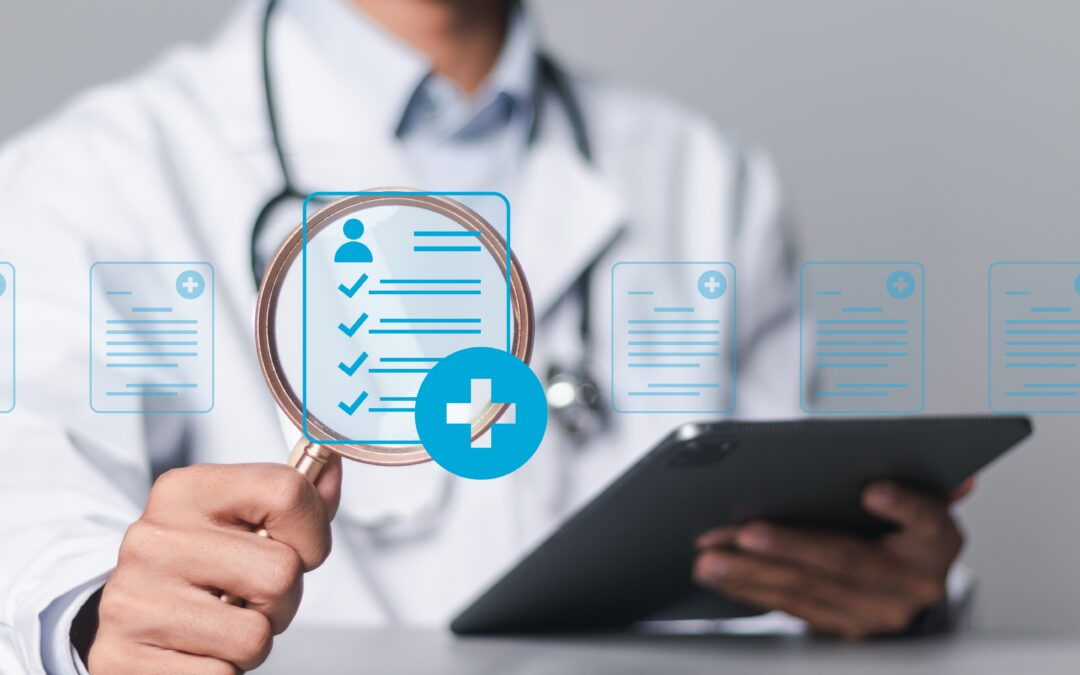When it comes to preventive care, accuracy matters especially when health decisions are based on the numbers a kiosk provides. Blood pressure, BMI, heart rate these aren’t just stats. They’re the early signals that help people catch potential issues before they become serious.
At Texas Medical Screening, we know that trust starts with reliability. So what makes our health kiosks so accurate? It comes down to clinical validation, quality engineering, and a deep commitment to the people who use them.
Let’s break down how it all works.
What Is Clinical Validation and Why Does It Matter?
Clinical validation is the process of ensuring a medical device delivers consistent, reliable results when tested in real-world conditions. It’s how we confirm that the readings from a health screening kiosk match the gold standard used in clinical care.
Our kiosks undergo rigorous testing against validated medical instruments to verify accuracy for key metrics like:
- Blood pressure
- Heart rate
- Weight and BMI
- Oxygen saturation (SpO2)
Devices are calibrated regularly, and all components are selected to meet or exceed healthcare-grade standards.
Certifications That Support Trust
Accuracy isn’t just about internal testing. It’s also about meeting the expectations of industry oversight. That’s why our kiosks comply with key healthcare certifications and guidelines, including those from:
- The American Heart Association
- The American Pharmacists Association (APhA)
- FDA-compliant medical device requirements
- HIPAA standards for secure data handling
These certifications ensure our partners whether employers, pharmacies, or healthcare facilities can trust the results their users receive.
Why Accuracy Is Critical in Self-Screening
Unlike traditional screenings, self-screening happens without a clinician standing by. That makes accuracy even more essential.
When users interact with a kiosk, they need to know:
- The results are precise and consistent
- The interface is easy to use without special training
- The data is secure and handled properly
An accurate kiosk doesn’t just collect numbers it helps individuals make smarter health decisions with confidence.
Built for Reliability in Everyday Use
Our kiosks are engineered for real-world environments, not just clinical labs. That means:
- Durable construction for high-traffic areas
- Automated calibration checks
- Clear on-screen prompts to guide proper use
- Minimal need for on-site maintenance
This makes our kiosks a great fit for busy workplaces, pharmacies, and community health settings, places where ease of use and accuracy can’t be compromised.
Supporting Better Preventive Care
Accurate readings drive better outcomes. They help catch early signs of hypertension, heart disease, obesity, and other chronic conditions before they escalate into more costly, harder-to-treat problems.
When you install a clinically validated kiosk from Texas Medical Screening, you’re not just offering a convenient service. You’re providing a trusted health tool that can genuinely improve lives.
Want to Learn More About Our Technology?
Let’s talk about how our clinically validated kiosks can support your wellness goals, reduce long-term costs, and build trust with your users.


Recent Comments